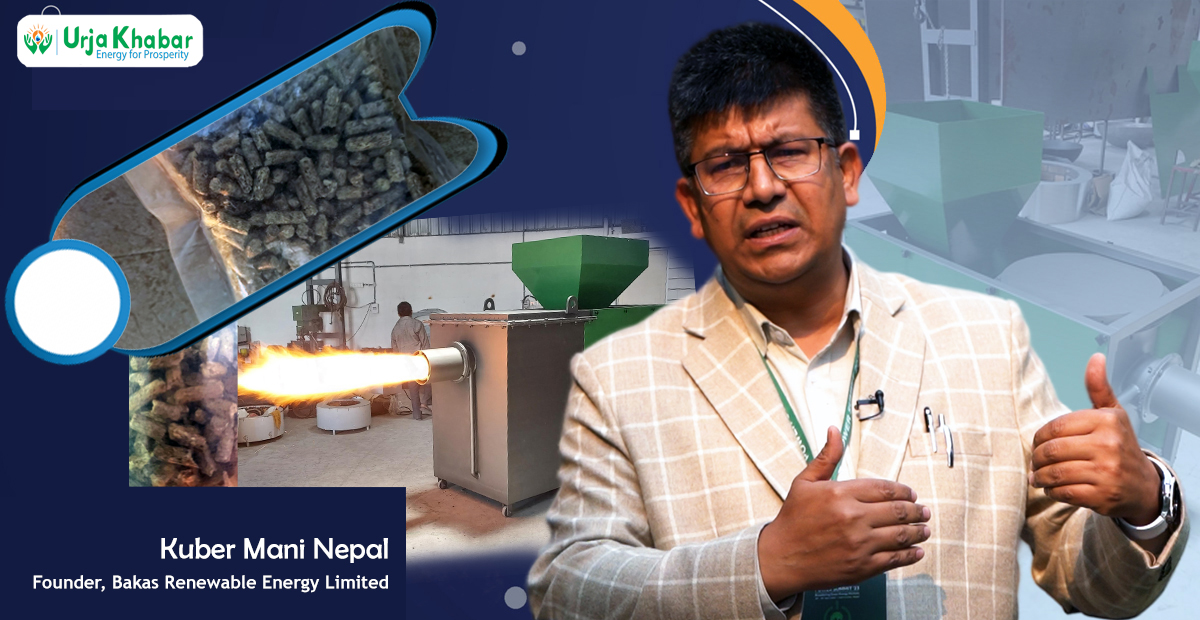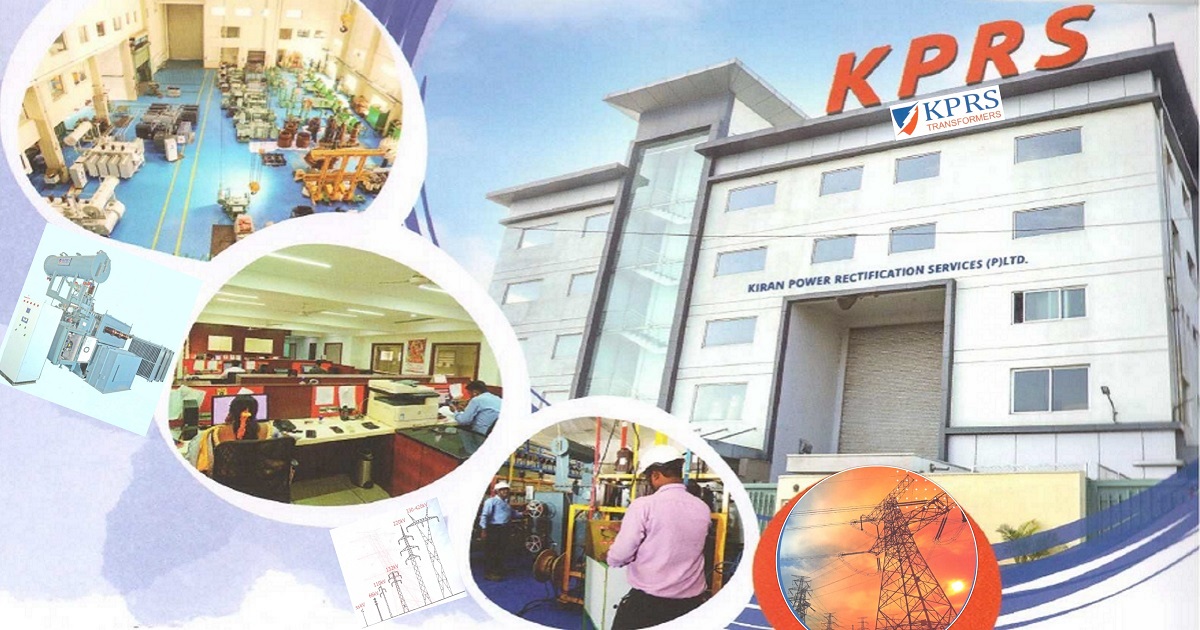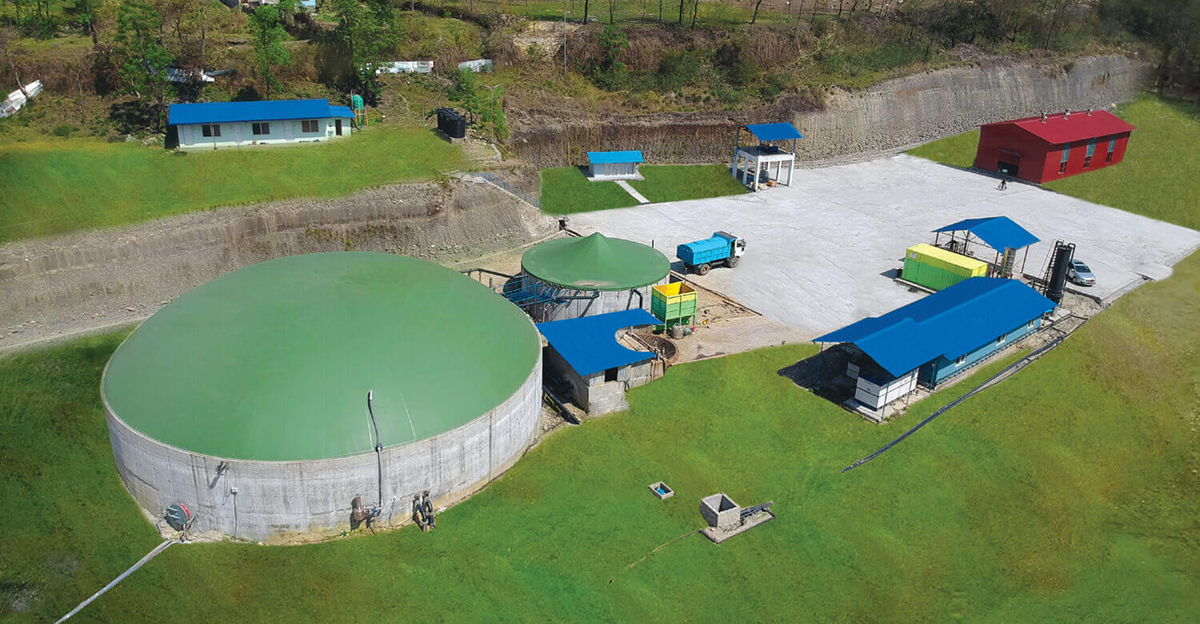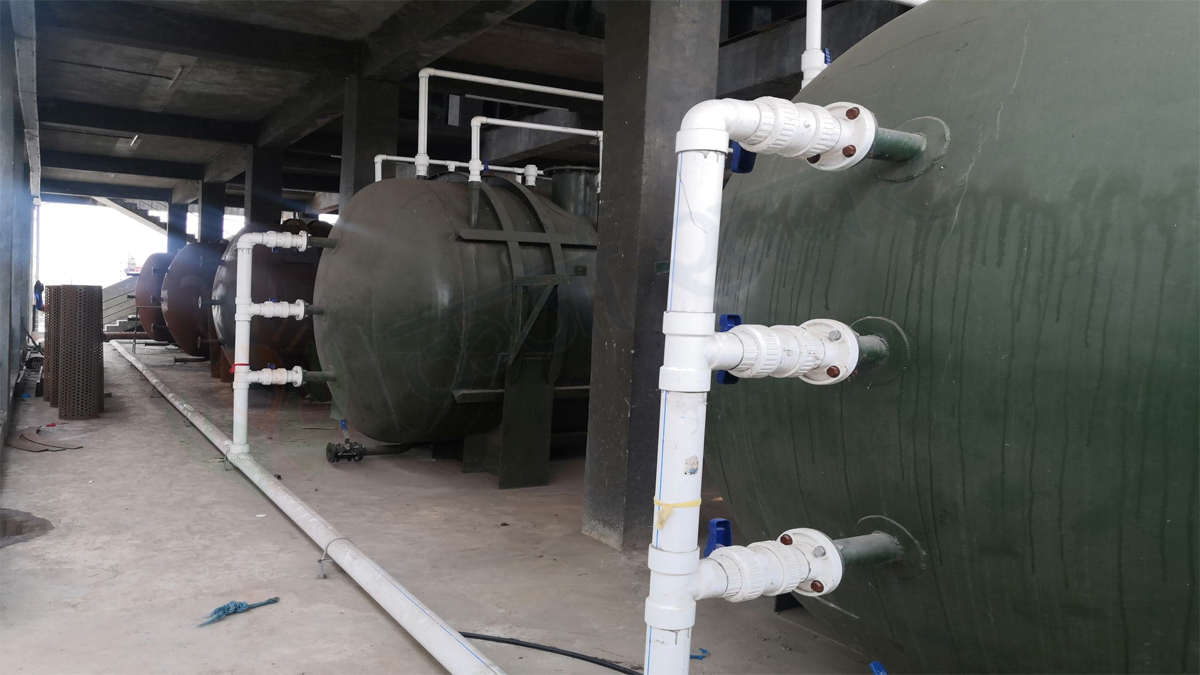Energy Update
Nepal is Losing Nearly 80 Billion Equivalent rupees from Forest Floor Biomass

Kathmandu; Biomass pellets are increasingly recognized as essential for facilitating the transition to green and sustainable energy practices. Their utilization holds significant potential, particularly in sectors such as Nepal's brick and cement industries and hotel sectors. Numerous studies have underscored the pivotal role of pellets and burners in reducing reliance on traditional fossil fuels like diesel, petrol, LPG, and coal.
Presently, Nepal incurs substantial expenditure, approximately 3 billion rupees annually, importing petroleum products from India. According to data from the Department of Customs, imports of petroleum products including petrol, diesel, kerosene, and LPG amounted to only 293 billion and 448.70 million rupees in the fiscal year 2079/80. Experts who have been involved in the industrial sector for a long time indicate that this amount can be replaced annually through the use of biomass pellets.

According to the Economic Survey of 2079/80, Nepal's forest coverage has reached 45.31 percent. However, some experts and several non-governmental organizations operating in the energy, forestry, and environmental sectors assert that the actual coverage may be closer to 47 percent. Leveraging forests for sustainable purposes, such as utilizing leaves, branches, and other agricultural by-products, holds significant promise for the production of biomass pellets and briquettes. Thus, there is sufficient potential for reducing carbon footprint and mitigating the impacts of climate change through the use of such produced biomass pellets.
In the past two years, BAKAS Renewable Energy Private Limited has been actively involved in the production of biomass pellets, leveraging renewable energy sources. Concurrently, Janda Devi Nepal Energy Pvt. Ltd. has entered the market with a range of pellet stoves and burners. To facilitate their endeavors, Janda Devi has collaborated with the Nepal Renewable Energy Program (NREP) under the auspices of the Alternative Energy Promotion Centre (AEPC), receiving financial support. Through these initiatives, both BAKAS and Janda Devi are catering to the needs of small and medium enterprises, thereby contributing to the broader objectives of promoting renewable energy adoption and sustainability in Nepal's energy sector.

On the other hand, Bakas Renewables has established a factory in Ishwarpur, Sarlahi District, with an annual capacity of producing 20,000 metric tons of biomass pellets and 5,000 metric tons of briquettes. The establishment of this factory has been financed by Business Oxygen Venture Capital through equity and loans from NMB Bank. In this context, Kuber Mani Nepal, the founder of Bakas, who is also an executive member of the Independent Power Producers' Association, Nepal (IPPAN), has focused a significant concept regarding biomass pellets:
'A policy is needed to replace diesel and coal with biomass'
The potential to replace diesel and coal with Nepal's own biomass sources has been demonstrated by the production of biomass pellets in Sarlahi District. While it may sound surprising, the fact that a factory has been established to produce 20,000 tons of biomass pellets annually using forest, shrub, and agricultural residues may not be widely known within the country.
In all most of our industries, thermal sources such as coal, diesel, furnace oil, electricity, rice husk or firewood are commonly utilized. However, the substitution of these traditional fuels with domestically produced biomass pellets and briquettes has proven to be highly effective.
The development of this technology has been ongoing for the past 20 years in developed countries such as the United States, Europe, Canada, Japan, and Korea. While Nepal is just beginning to explore this technology, it holds immense promise for various sectors. Established industries utilizing biomass pellets can help reduce forest fires, create domestic employment opportunities, and decrease expenditures in foreign currencies by reducing reliance on traditional fuels. Furthermore, the biomass available in forests not only provides economic value but also contributes significantly to reducing greenhouse gas emissions.
The absence of effective policies to incentivize such initiatives is apparent. It is imperative for the Government of Nepal (GoN) to take prompt action in this direction. Importing furnace oil, which contributes to carbon emissions, should be halted. Additionally, every industry should be mandated to incorporate at least 5 percent biomass pellets into their coal usage. Such pellets are currently subject to a 10 percent tax exemption when exported, which needs to be reduced to zero. Furthermore, industries should be offered subsidies to facilitate the purchase of pellet burners, thereby promoting the transition towards cleaner and more sustainable energy sources.
The brick industry alone consumes 0.7 million tons of coal annually. Cement industry is the largest consumer of coal. The Ministry of Forest and Environment (MoFE) also needs to establish a rule requiring 5 percent pellet usage in coal. An annual income of 80 billion rupees can be generated solely from the use of twigs and leaves.
Benefits of Biomass Pellets:
• Increases forest sustainability and reduces deforestation
• Reduces carbon emissions
• Generates income through carbon trading
• Creates a larger number of unskilled and semi skilled employment opportunities
• Increases government revenue
• Helps conserve foreign currency reserves by reducing dependence on imported fuels
• Extracts economic value from unused forest resources, jungles, and foliage
Conversation
- Info. Dept. Reg. No. : 254/073/74
- Telephone : +977-1-5321303
- Email : [email protected]













